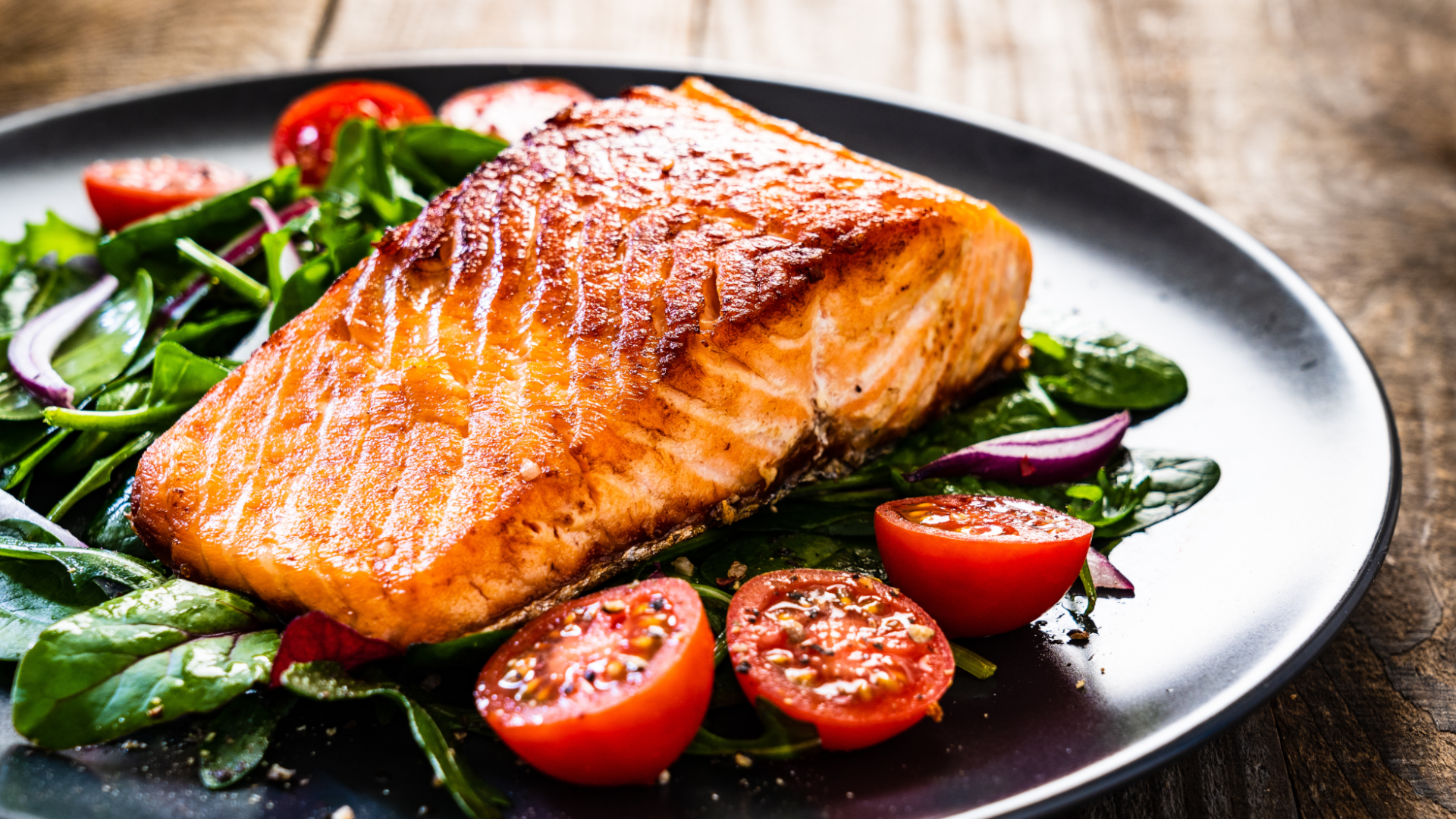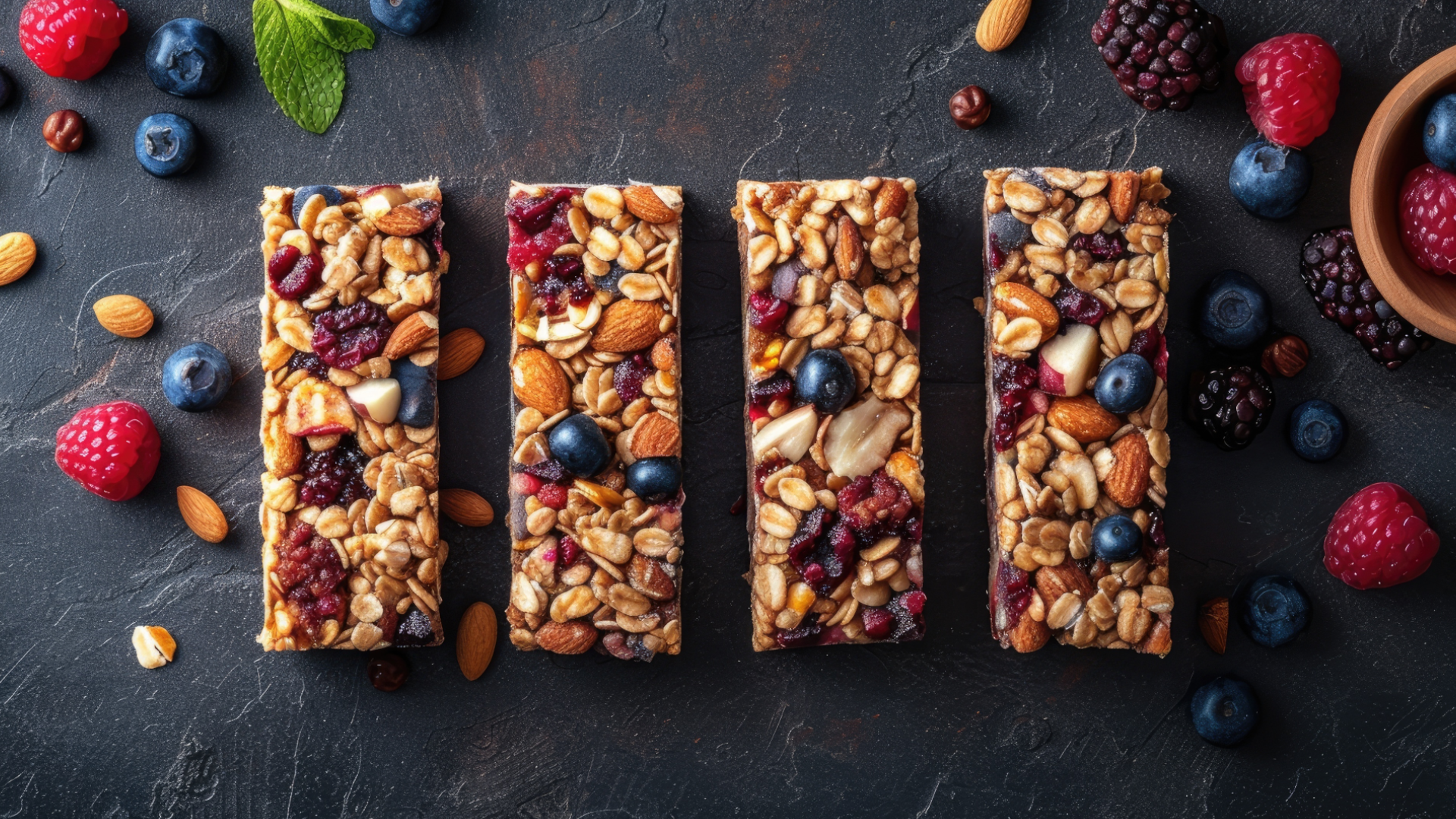Grab your cheat sheet |
The importance of good hydration in sports nutrition is well known. You exercise, you dehydrate, you rehydrate.
But did you know your body loses more than just water when exercising?
You lose electrolytes too.
You might have heard electrolytes mentioned when talking about sports nutrition. But what are electrolytes, and what is the importance of electrolytes in sports nutrition?
What are electrolytes?
Electrolytes are minerals in our bodies that hold a positive or negative charge. These minerals are essential for basic bodily functions. Electrolytes move through our bodies via the fluid in and around our cells and help with the function of electrical tissues. Nervous system function, muscle actions, cell regeneration and pH levels rely on a stable electrolyte balance.
Electrolytes are gained from the food and drink we consume. As our bodies digest food, our kidneys regulate electrolyte levels. They will conserve electrolytes when we need more and rid the body of excess through urine.
Related content: The role of hydration in sports nutrition
Why are electrolytes important in sports nutrition?
Athletes are more likely to suffer from electrolyte imbalance than those not training. One way our bodies lose electrolytes quickly is through sweat when exercising. We can also lose electrolytes through vomiting or diarrhoea, which can be caused by illness, overtraining or diet restriction.
There are lots of different electrolytes that we lose through sweat. But the main electrolytes lost in sports nutrition are:
Sodium
Sodium is one of the most widely known electrolytes that your body needs. It is essential for many functions, including fluid balance and blood pressure control. You may have noticed that sweat is salty after exercising.

This salt is your body secreting sodium.
Potassium
Potassium is the wingman for sodium. It works with sodium to regulate water inside cells and assist with cell functions.
Calcium
Most people associate calcium with teeth and bones. But did you know that calcium is also essential for muscle contractions? While you are exercising, calcium helps your muscles shorten and contract.
Magnesium
While calcium helps your muscles contract, magnesium, on the other hand, helps your muscles relax and expand. Magnesium also aids in workout recovery and sleep.

If your body doesn’t get enough of these electrolytes, you could suffer severe health problems. Failing to replace lost sodium or potassium can cause problems with neurological functions. And a lack of calcium can cause organ issues ranging from mild to life-threatening.
How do I replenish my electrolytes during sports?
There are plenty of benefits to motivating athletes to top up their electrolytes. One study concluded that electrolyte drinks can increase performance and reduce heart rate. Electrolyte balance also plays a crucial role in reducing muscle fatigue after training. But replenishing electrolytes is only needed in some cases.
If you exercise for 30 minutes or less, electrolyte loss will be minimal. Water will be enough to rehydrate you, and there is no need for additional electrolytes. This is particularly true if you are following a balanced sports nutrition plan, as food from your diet should suffice to replenish electrolytes.
Consider additional electrolyte intake if your training is high-intensity or lasts longer than 30 minutes. Your body is dealing with increased sweat loss and more electrolyte losses.
Electrolyte formulas can come in several forms, with athletes often opting for electrolyte drinks or gels. These liquid-form electrolytes make it easier for the body to digest and distribute them faster.
You can take electrolytes at any time during your training. Electrolyte balance starts when you begin exercising. You can combat electrolyte losses by topping up before and during your workout. And continuing to replenish electrolytes after your workout will provide additional compensation for sweat loss too.
It’s also necessary to mention diet again. Ensuring you have adequately fuelled your workout, before and after, will help replenish your lost electrolytes.
Related content: How to fuel your body for early morning workouts
Are electrolytes better than water?
When discussing sports nutrition, electrolytes and water are often compared. But in reality, they are not comparable.

Water is necessary every day to keep your body hydrated. But there is no benefit to taking electrolytes if your body is not deficient. If you consume too many electrolytes, your kidneys usually filter out excess. In extreme cases, excess electrolytes can harm the body. Symptoms can range from nausea and fatigue to joint pain and neurological issues. So stick to water on your rest days.
Electrolytes in sports nutrition
It is clear that electrolytes are essential to everyday bodily functions, and even more so with those participating in regular sports. Excessive sweating caused by intense exercise can throw off your electrolyte balance. This imbalance affects muscle function, recovery and hydration levels. By planning electrolytes into your sports nutrition plan, you can train regularly and know your balances will stay in check.



